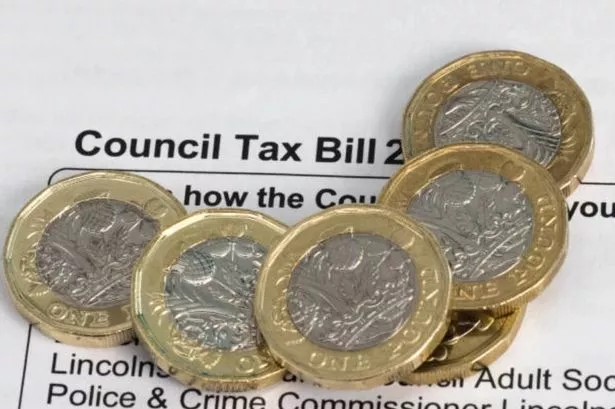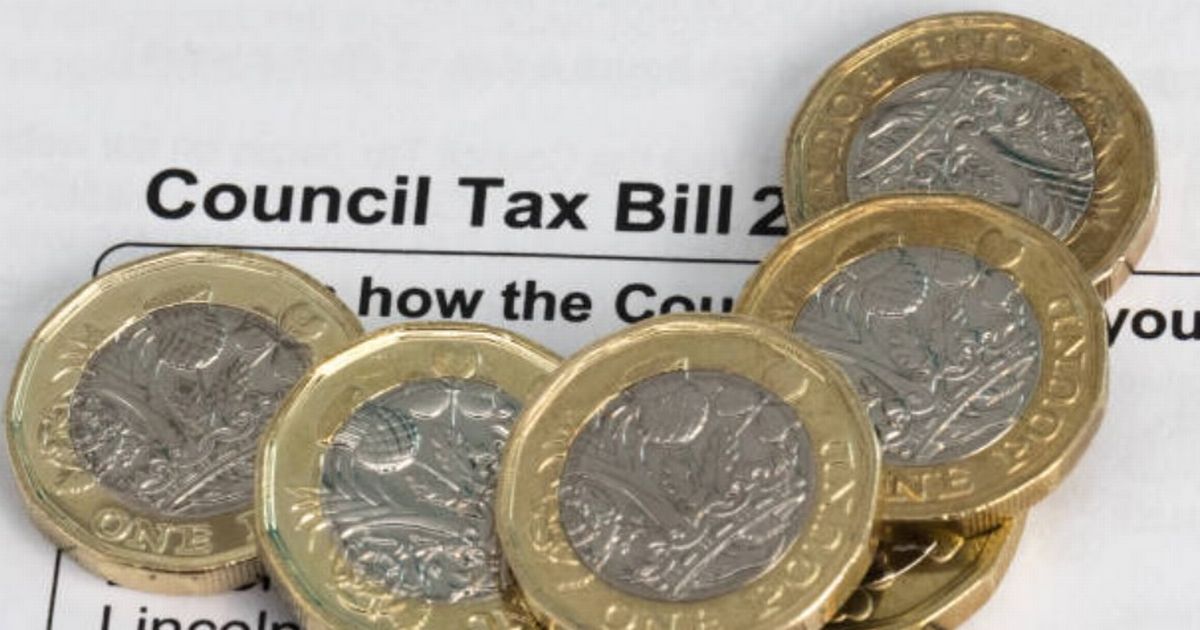Labour Party Chancellor Rachel Reeves accused of “ultimate stealth tax” after allowing increases of 5 per cent a year. Certain households in England face £567 rise in council tax
Certain households in England face £567 rise in council tax
The areas facing £500 council tax rises have been revealed – with Labour Party Chancellor Rachel Reeves accused of “ultimate stealth tax” after allowing increases of 5 per cent a year.
The analysis by the TaxPayers’ Alliance reveals that Gateshead faces the largest rise, with typical bills expected to be £567 higher there in 2028/29. With maximum increases imposed, the bill for a Band D home would rise from £2,578 to £3,145.
Nottingham (up £563 for Band D and £1,126 for Band H) Rutland (£550 and £1,100) and Bristol (£549 and £1,108) are also namechecked. Taxpayers in Dorset, Hastings, Oxford and Newark and Sherwood will also see increases of more than £500.
READ MORE State pensioners ‘caught off guard’ after becoming ‘casualty’ of HMRC
The highest council tax bills will be in Rutland, where charges will increase from £2,671 this year to £3,221. Elliot Keck, head of campaigns at the TaxPayers’ Alliance, said: “Council tax is the ultimate stealth tax, given the way in which successive governments have piled on responsibilities to town halls without the resources to pay for them but with the permission to hike bills for residents.
“And this Government clearly intends to continue this trend by allowing years of above-inflation council tax rises, further increasing the crippling tax burden on British families and workers.
“By the end of this Parliament, the grim milestone of the first £3,000 Band D council tax bill will have been reached.
“Labour should impose lower, inflation-linked referendum caps on councils and aim for national solutions to crises such as that around social care.”
It comes as Rachel Reeves has “one hand tied behind her back” as she considers how to balance the books next month in her first budget, according to experts.
The IFS said Labour entered office faced with “unenviable arithmetic”.
“Merely avoiding spending cuts would – if debt is to fall – likely require raising tens of billions of additional revenue by 2028-29,” the report said.
